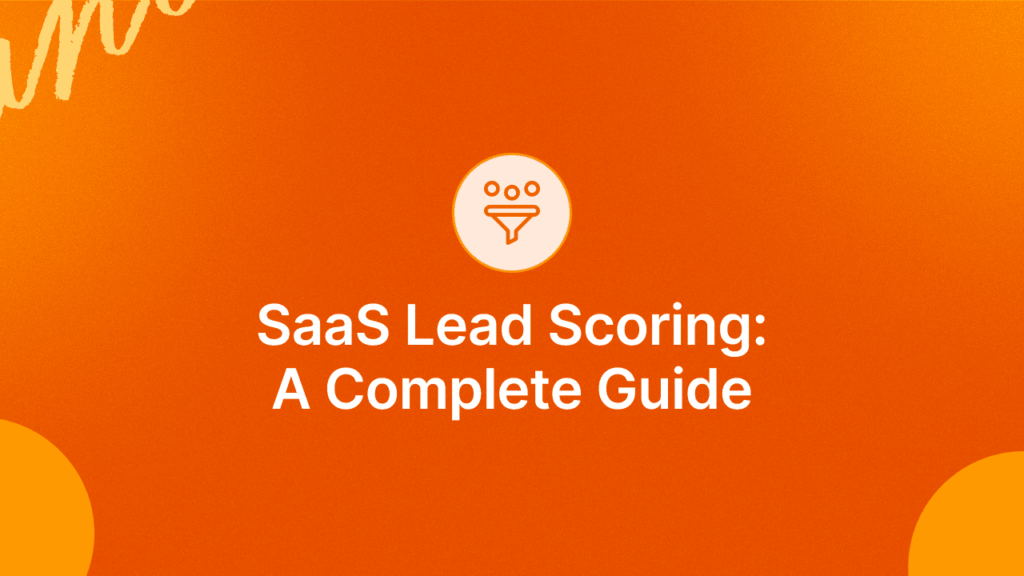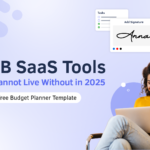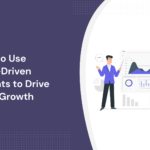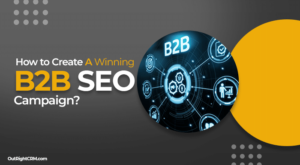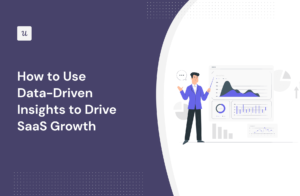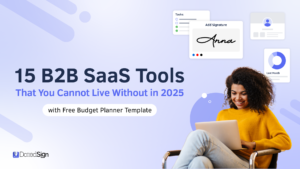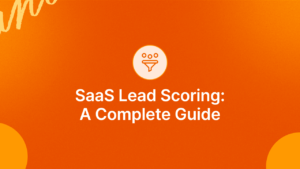Lead scoring helps businesses identify potential customers. It’s crucial for efficient marketing.
Understanding advanced lead scoring techniques with SaaS platforms can transform your marketing strategy. These platforms offer powerful tools that analyze customer data in depth. They help you prioritize leads and focus on the most promising ones. This means better use of your resources and higher conversion rates.
In this blog, we’ll explore how these advanced techniques work. Discover how SaaS platforms can enhance your lead scoring process. Let’s dive into the world of smarter, data-driven marketing.
Introduction To Lead Scoring
Lead scoring helps businesses identify potential customers. It assigns values to leads based on their behavior and interactions. This makes it easier to focus on high-quality leads. With SaaS platforms, this process becomes more efficient and accurate.
Importance Of Lead Scoring
Lead scoring saves time. It helps sales teams prioritize their efforts. They can focus on leads who are more likely to convert. This increases efficiency. It also improves the chances of closing deals. Proper lead scoring leads to better sales results.
Traditional Vs. Advanced Techniques
Traditional lead scoring uses basic data. It relies on demographic information. It looks at job titles, company sizes, and other simple metrics. This method is easy but not always accurate.
Advanced techniques use more data. They consider online behavior. They look at website visits, email interactions, and social media activity. SaaS platforms help gather and analyze this data. This makes lead scoring more precise. It helps identify the best leads faster.
Leveraging Saas Platforms
Advanced lead scoring techniques are essential for maximizing sales efficiency. Using SaaS platforms can streamline this process. These platforms help in identifying and prioritizing the best leads. They leverage data and automation, making it easier to focus on high-potential clients.
Benefits Of Saas For Lead Scoring
SaaS platforms offer numerous benefits for lead scoring. They provide real-time data analysis. This ensures your team has the most accurate information.
- Automation: Automates repetitive tasks, saving time and reducing errors.
- Scalability: Easily scale with your business growth.
- Integration: Seamlessly integrates with existing CRM and marketing tools.
- Cost-effective: Lower upfront costs compared to traditional software.
- Accessibility: Access data from anywhere, anytime.
Want to know more about SEO and Analytics? Check out this article for helpful insights. Advanced Saas Content Marketing Strategies: Boost Engagement Today
Popular Saas Tools
Several SaaS tools are popular for lead scoring. Each offers unique features to enhance your lead management process.
| Tool | Key Features |
|---|---|
| HubSpot | Lead scoring, CRM integration, marketing automation |
| Salesforce | Advanced analytics, AI-driven insights, custom scoring models |
| Marketo | Behavior tracking, real-time scoring, predictive analytics |
| Pardot | Engagement scoring, CRM sync, detailed reporting |
Choosing the right tool depends on your business needs. Evaluate each tool’s features and pricing before making a decision.
Data Collection Strategies
Effective lead scoring starts with solid data collection strategies. The quality and breadth of your data can significantly impact the accuracy of your scoring model. This section will explore essential data points and methods for integrating data sources.
Essential Data Points
To score leads effectively, you need to collect a range of data points. Here are some crucial ones:
- Demographic Information: Age, gender, and location.
- Firmographic Details: Company size, industry, and revenue.
- Behavioral Data: Website visits, email opens, and content downloads.
- Engagement Metrics: Social media interactions and webinar attendance.
Each of these data points helps build a comprehensive profile of your leads. This allows for more accurate scoring and better-targeted marketing efforts.
Integrating Data Sources
Combining data from multiple sources ensures a well-rounded view of each lead. Here are some methods to integrate data:
- CRM Systems: Sync your lead data with your Customer Relationship Management system.
- Marketing Automation Tools: Use tools to track email campaigns, social media, and website interactions.
- Web Analytics: Integrate Google Analytics or other tools to track user behavior on your site.
- Third-Party Data Providers: Enhance your data with additional insights from third-party sources.
Integrating these sources helps create a unified view of each lead. This improves the accuracy of your scoring models.
Using multiple data collection strategies ensures no critical information is missed. This leads to a more effective and targeted approach in your marketing efforts.
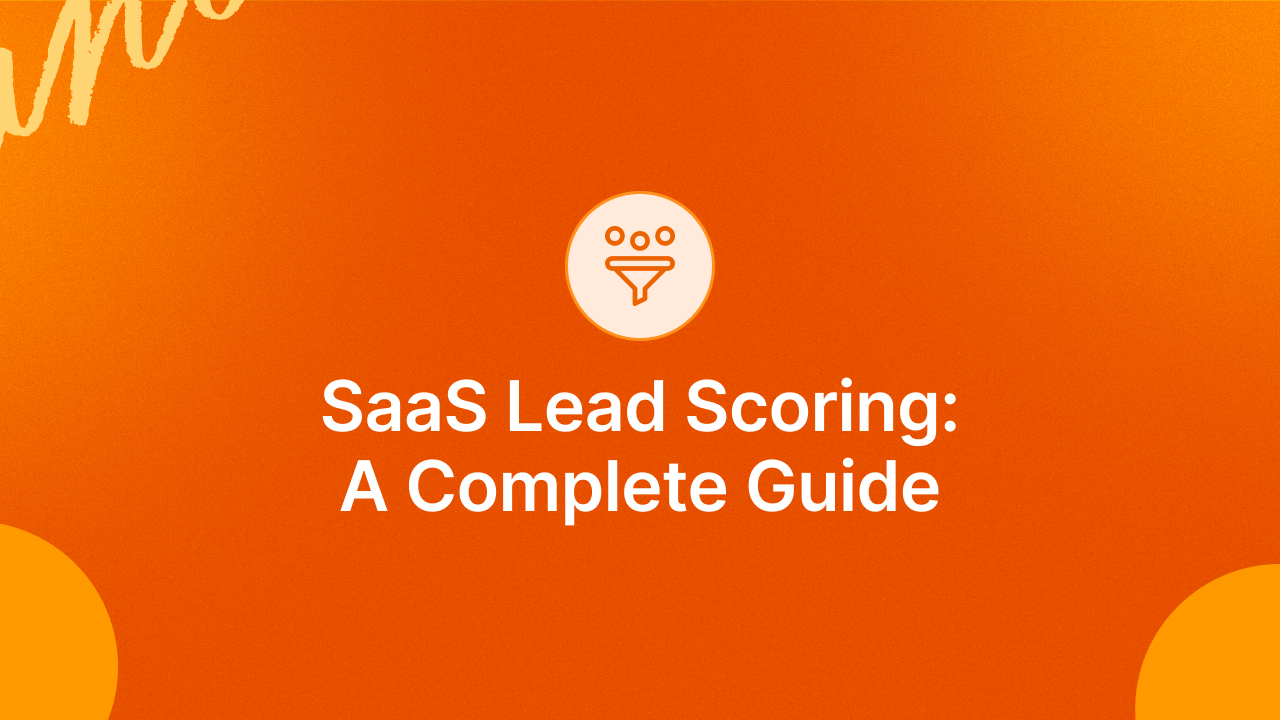
Credit: justcall.io
Predictive Analytics In Lead Scoring
Predictive Analytics in Lead Scoring leverages data to forecast which leads will convert. With SaaS platforms, this becomes more streamlined and accurate. This section explores the role of predictive analytics in improving lead scoring techniques.
Looking to expand your understanding of SEO and Analytics? This article could be just what you need. How to Create a Winning B2B SEO Campaign: Proven Strategies
Machine Learning Algorithms
Machine learning algorithms are central to predictive analytics. They analyze vast amounts of data to identify patterns. These patterns help in predicting future outcomes. SaaS platforms use these algorithms to score leads based on their likelihood to convert.
Different algorithms excel in various scenarios. Here are a few commonly used:
- Linear Regression: Predicts based on the relationship between variables.
- Decision Trees: Splits data into branches to make decisions.
- Random Forest: Uses multiple decision trees for better accuracy.
Behavioral Data Analysis
Behavioral data is crucial for accurate lead scoring. It includes user activities like page visits, downloads, and interactions. SaaS platforms collect and analyze this data to understand user intent.
Here is a breakdown of key behavioral data points:
| Behavior | Data Point | Significance |
|---|---|---|
| Page Visits | Number of pages viewed | Indicates interest level |
| Downloads | Content downloaded | Shows engagement |
| Form Submissions | Completed forms | Expresses intent |
| Clicks | Links clicked | Reveals preferences |
Analyzing this data helps in scoring leads more accurately. SaaS platforms automate this process, ensuring real-time updates. This leads to timely and informed decisions.
Segmentation And Targeting
Segmentation and targeting are crucial in advanced lead scoring techniques. These processes help businesses categorize their leads and tailor their marketing efforts. By using SaaS platforms, companies can efficiently manage and utilize data to improve their lead scoring strategies.
Creating Customer Segments
Creating customer segments involves dividing your audience into specific groups. Each group shares common characteristics or behaviors. SaaS platforms can analyze data to identify these commonalities. This helps in understanding your customers better.
Segments can be based on various factors. These include demographics, purchase history, and online behavior. By segmenting your audience, you can create more targeted marketing strategies. This leads to higher engagement and conversion rates.
Personalized Marketing Campaigns
Personalized marketing campaigns cater to the needs and preferences of each segment. With SaaS platforms, you can automate and personalize your campaigns. This ensures that your message resonates with your audience.
For instance, you can send tailored emails to different segments. These emails can contain relevant offers or information. Personalized campaigns make customers feel valued. This increases the likelihood of them engaging with your brand.
Using advanced lead scoring techniques, you can prioritize high-potential leads. This allows your sales team to focus on the most promising prospects. In turn, this improves the efficiency of your marketing efforts.
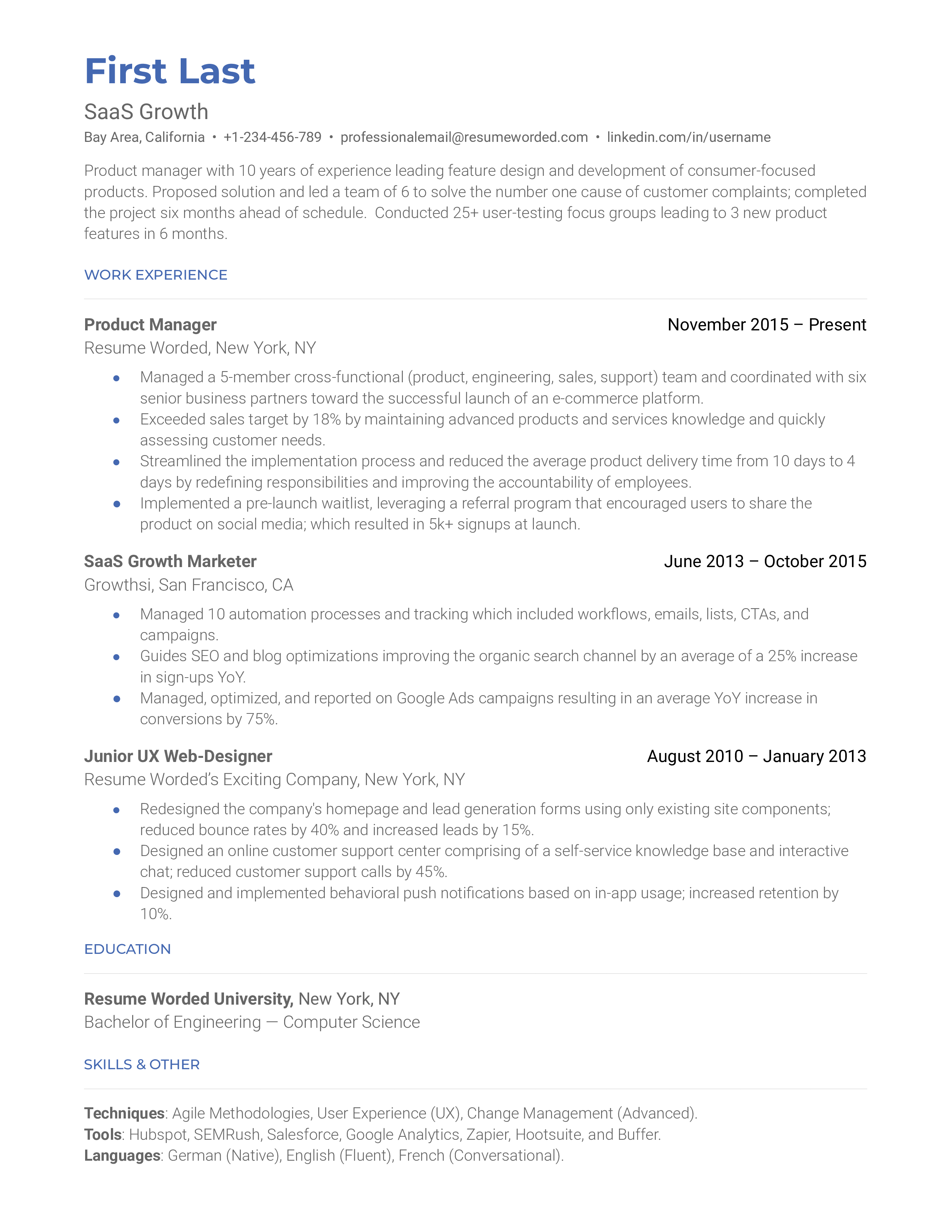
Credit: resumeworded.com
Want to know more about SEO and Analytics? Check out this article for helpful insights. Local SEO Enhancements With Niche SaaS Tools: Boost Your Rankings
Automating Lead Scoring
Automating lead scoring is essential for businesses using SaaS platforms. It saves time and ensures that leads are scored accurately. Automation also helps in identifying high-quality leads. This process involves various advanced techniques that enhance efficiency and accuracy.
Workflow Automation
With workflow automation, you can set up rules and triggers. These automate the lead scoring process. For instance, when a lead fills out a form, it triggers an update in their score. This ensures that all actions taken by a lead are accounted for in real-time.
Consider the following example:
| Action | Trigger | Score Update |
|---|---|---|
| Form Submission | Lead fills a form | +10 points |
| Email Open | Lead opens email | +5 points |
| Webinar Registration | Lead registers for webinar | +15 points |
These predefined workflows ensure that your sales team focuses on the most promising leads. It also eliminates manual errors and enhances efficiency.
Real-time Scoring
Real-time scoring is another critical technique. It ensures that lead scores are updated instantly. This method uses data from various interactions, such as:
- Website visits
- Email engagements
- Social media interactions
By collecting this data in real-time, you can update lead scores dynamically. This allows your team to reach out to leads at the perfect moment. Here is a simple breakdown:
| Interaction Type | Real-time Score Update |
|---|---|
| Visited Pricing Page | +20 points |
| Downloaded E-book | +10 points |
| Commented on Blog | +5 points |
Real-time scoring helps in identifying hot leads quickly. This increases the chances of converting them into customers. It also aids in prioritizing leads based on their engagement level.
Measuring Effectiveness
Measuring effectiveness is crucial for any lead scoring strategy. Understanding the impact of your efforts helps refine and improve your approach. SaaS platforms offer advanced tools to measure and analyze lead scoring. This ensures your team focuses on high-quality leads. The following sections delve into key performance indicators (KPIs) and A/B testing, essential for measuring effectiveness.
Key Performance Indicators
KPIs are essential metrics to track the success of your lead scoring. Here are some important KPIs to consider:
- Conversion Rate: Percentage of leads that convert to customers.
- Lead Velocity: Speed at which leads move through the sales funnel.
- Customer Acquisition Cost (CAC): Total cost to acquire a new customer.
- Lifetime Value (LTV): Revenue a customer generates during their relationship with your company.
- Churn Rate: Percentage of customers who stop using your service.
Tracking these KPIs helps you understand which leads are most valuable. It also shows areas needing improvement.
A/b Testing
A/B testing is a method to compare two versions of a lead scoring model. This helps determine which version performs better. Here’s how to implement A/B testing:
- Identify Goals: Define what you want to achieve. For example, increasing conversion rate.
- Create Variations: Develop two versions of your lead scoring model. Label them as A and B.
- Split Leads: Randomly assign leads to either model A or B.
- Measure Results: Track the performance of both models. Use KPIs to compare results.
- Analyze Data: Evaluate which model meets your goals better.
Using A/B testing helps improve the accuracy of your lead scoring. It ensures your strategy aligns with your business objectives.
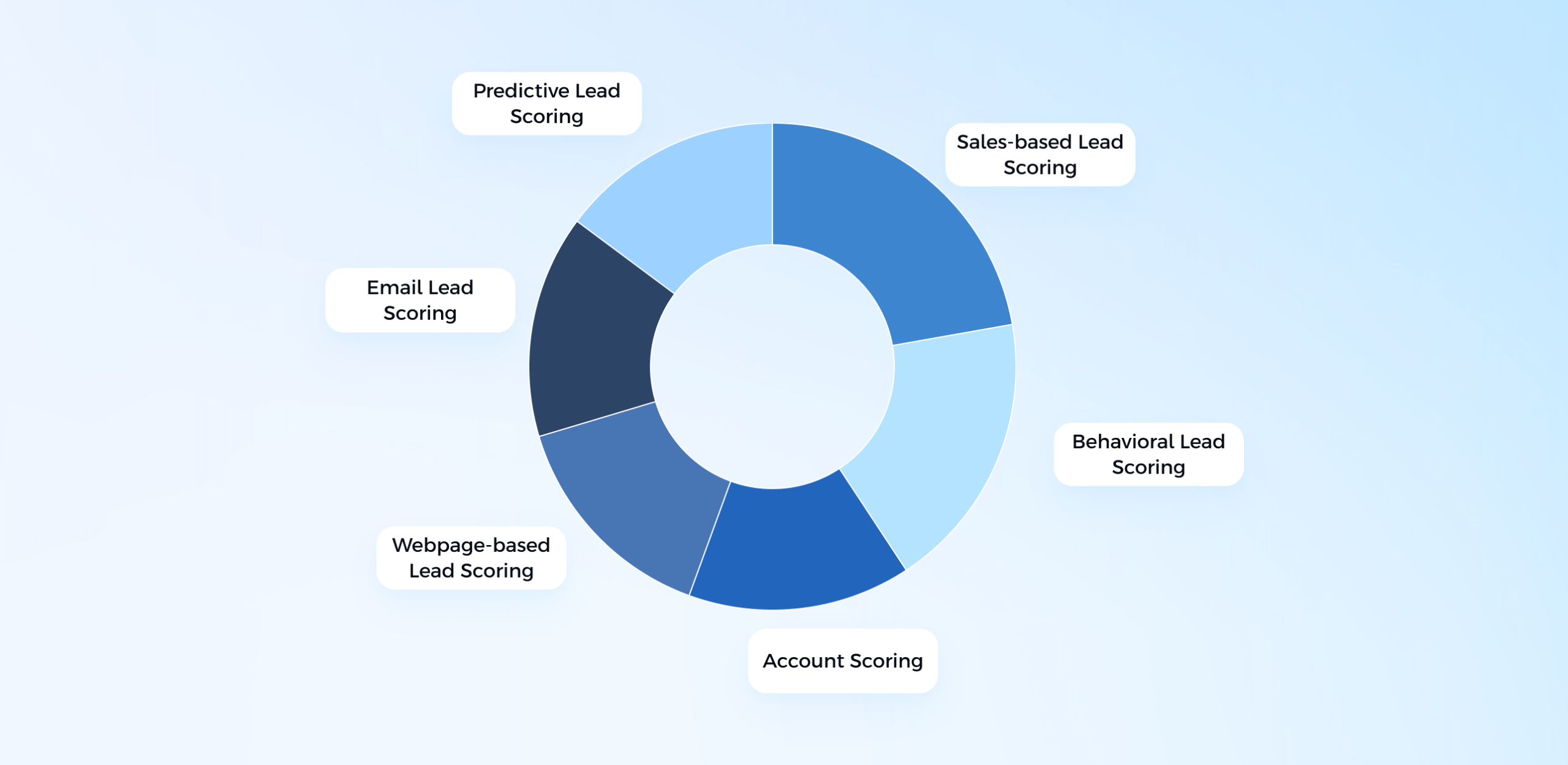
Credit: usermotion.com
Case Studies And Examples
When implementing advanced lead scoring techniques with SaaS platforms, real-world examples can be very instructive. Case studies provide insights into practical applications and outcomes. They demonstrate how different companies have successfully used these techniques to improve their lead generation and conversion rates.
Success Stories
One notable success story is that of a mid-sized B2B company. They implemented a sophisticated lead scoring system using a SaaS platform. Before using this system, their sales team struggled with identifying high-quality leads. After the implementation, they noticed a 30% increase in conversion rates. The system helped them prioritize leads based on behavior and engagement.
Another example comes from an e-commerce business. They used a SaaS platform to create a lead scoring model based on purchase history and website interactions. This approach allowed them to send personalized offers to high-scoring leads. The result? A 25% boost in sales within three months. These examples show the tangible benefits of advanced lead scoring techniques.
Lessons Learned
From these case studies, several key lessons emerge. First, it’s essential to define clear criteria for scoring leads. This ensures consistency and accuracy. Companies found that including both demographic and behavioral data in their models provided a more comprehensive view of lead quality.
Another important lesson is the need for continuous adjustment. Markets and customer behaviors change. Regularly updating lead scoring criteria keeps the system relevant. Companies also discovered the value of collaboration between marketing and sales teams. This collaboration ensures that the lead scoring system aligns with both marketing goals and sales needs.
Finally, simplicity is key. Overly complex models can be counterproductive. A straightforward, well-defined lead scoring system often yields the best results. These lessons highlight the importance of strategic planning and ongoing refinement in advanced lead scoring.
Future Trends
Future trends in advanced lead scoring techniques with SaaS platforms are evolving rapidly. Businesses seek innovative ways to identify and prioritize potential customers. The integration of AI and changing customer expectations are at the forefront of these trends.
Ai And Lead Scoring
AI technology is transforming lead scoring methods. It analyzes vast amounts of data quickly. AI can identify patterns in customer behavior. These patterns help predict a lead’s potential value. AI also continuously improves its algorithms. This ensures more accurate lead scoring over time. SaaS platforms with AI provide insights that were previously unattainable.
Evolving Customer Expectations
Customers today expect personalized experiences. They want businesses to understand their needs. This trend impacts lead scoring techniques. SaaS platforms now consider more data points. This includes social media interactions and website behaviors. The goal is to create a comprehensive view of each lead. Meeting these expectations requires continuous adaptation. Businesses must stay agile and responsive. They need to use SaaS tools that evolve with customer demands. By doing so, they can better score and prioritize leads.
Frequently Asked Questions
What Is Lead Scoring In Saas Platforms?
Lead scoring in SaaS platforms is a method to rank prospects. It helps prioritize leads based on their potential value.
Why Is Advanced Lead Scoring Important?
Advanced lead scoring ensures you target the most promising leads. It maximizes sales efforts and improves conversion rates.
How Do Saas Platforms Enhance Lead Scoring?
SaaS platforms use data analytics and AI. They provide insights to refine and optimize lead scoring models.
What Techniques Are Used In Lead Scoring?
Common techniques include behavioral tracking, demographic analysis, and predictive analytics. These methods help in accurate lead prioritization.
Conclusion
Advanced lead scoring techniques with SaaS platforms can transform your sales strategy. These tools help prioritize leads, improving efficiency. By understanding customer behavior, you target the right prospects. This leads to better conversion rates and increased revenue. SaaS platforms offer scalable solutions for businesses of all sizes.
Implementing these techniques ensures you stay competitive. Start refining your lead scoring today. Watch your sales process become more effective. Your team will appreciate the streamlined approach. And your bottom line will thank you.

